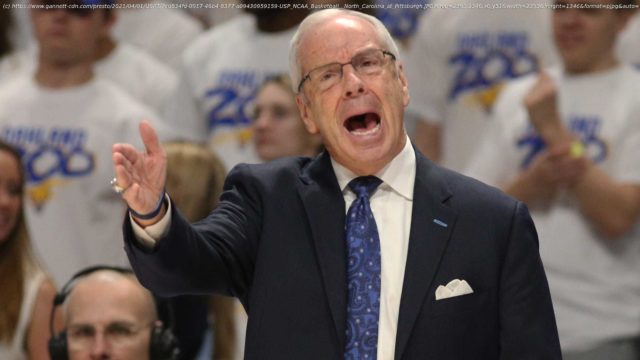This weekend in Indianapolis, one of the four remaining coaches in the men’s NCAA Tournament is going to win a national championship for the first …
This weekend in Indianapolis, one of the four remaining coaches in the men’s NCAA Tournament is going to win a national championship for the first time. None of them, outside of maybe Gonzaga’s Mark Few, is a household name, certainly not in the same way college basketball coaches were huge stars back in the 1980s and 1990s. For nearly 40 years, a handful of larger-than-life personalities have ruled the sport, getting the majority share of the best players year in and year out and building up such an advantage over their competitors that their programs were pretty much hard-wired to win. Roy Williams was, of course, among that group if not at the top. He got his first head coaching job at blue blood Kansas in 1988, reaching the national championship game in just his third season. Then in 2003 after his fourth Final Four appearance, he went home to North Carolina where he one-upped his mentor Dean Smith by winning three national titles. For the past few years, college basketball has been bracing for an exodus of the coaches who dominated the past three decades. In a way, it’s remarkable that Williams, Mike Krzyzewski, Jim Boeheim, Rick Pitino, Tom Izzo and John Calipari have hung on this long. There aren’t many industries anywhere, much less in sports, where the same people who were relevant in 1995 are still doing their jobs at high level in 2021. But Williams’ decision to retire Thursday is a moment that can’t be written off as just age and the natural passage of time. It’s about a fundamental shift in the landscape that has unplugged the power of the iconic college basketball coach, forcing them to either adapt to a world many of them won’t like or get out while they can.
Домой
United States
USA — Sport Opinion: Roy Williams' retirement begins ushering out of college coaching legends






